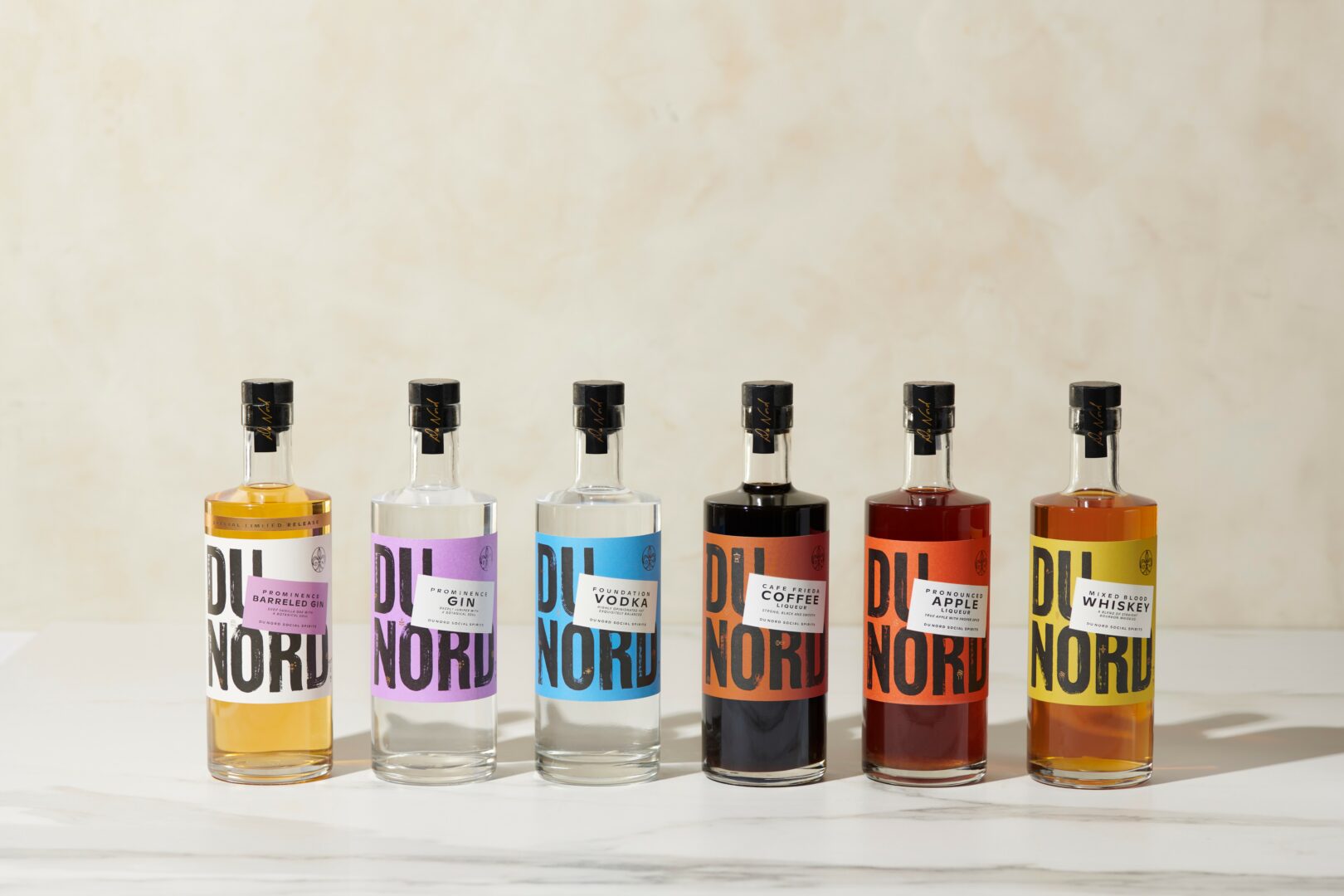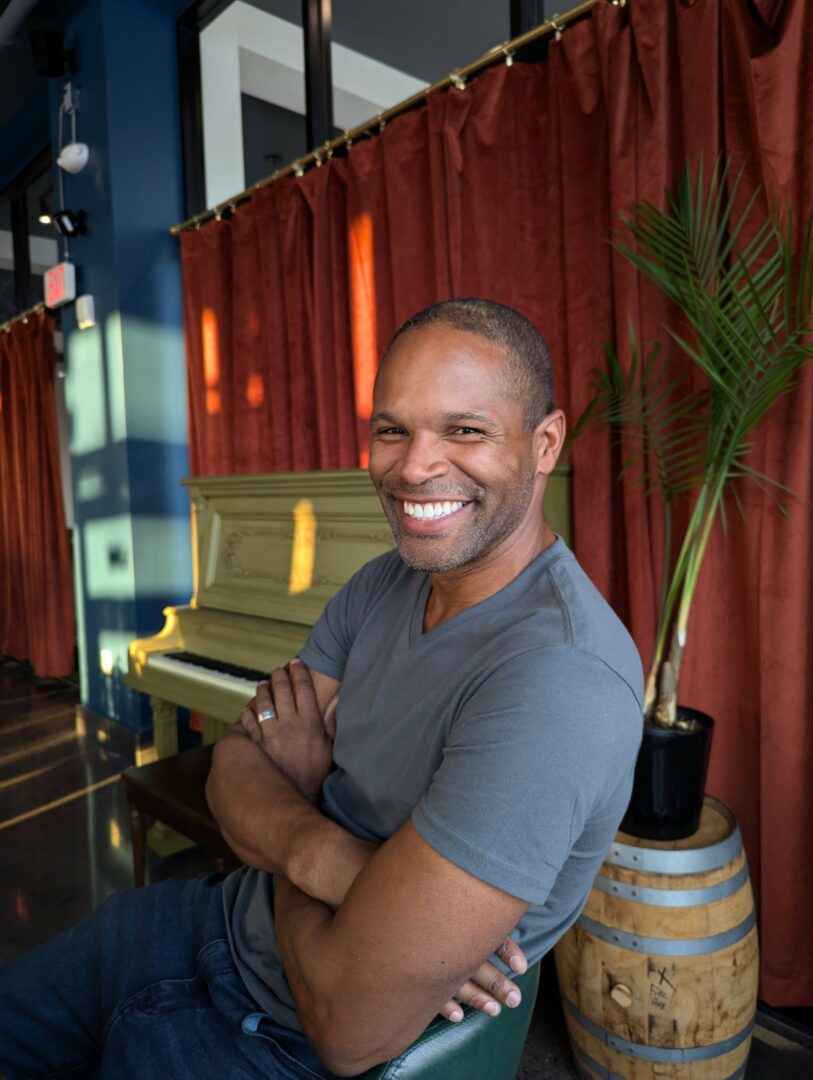We caught up with the brilliant and insightful Chris Montana a few weeks ago and have shared our conversation below.
Chris, we’re thrilled to have you on our platform and we think there is so much folks can learn from you and your story. Something that matters deeply to us is living a life and leading a career filled with purpose and so let’s start by chatting about how you found your purpose.
That is a big question, and it presumes I have found my purpose. I think that, like anyone, I am a product of my time on earth, and in that time I have been lucky enough to meet people from various social strata and racial backgrounds and failed to see any material difference between any of them. If we all are basically the same, then there is no reason why anyone of us should be denied the ability to be who they want to be. For me this is the definition of independence and I have found great joy in helping others towards independence–whether that is my sons, my co-workers, or my community. I don’t know if that qualifies as “purpose,” but it does make me happy.

Let’s take a small detour – maybe you can share a bit about yourself before we dive back into some of the other questions we had for you?
In 2013 I started a microdistillery in Minneapolis now known as Du Nord Social Spirits. In the beginning, I did almost everything because there was no distinction between “Du Nord” and “Chris.” Through that experience, I learned a great deal about where my strengths weren’t. Now I work with a team of people who collectively are more “Du Nord” than I am individually. The Du Nord family has grown to include a foundation (The Du Nord Foundation) dedicated to building economic independence through business ownership, and a restaurant (The Du Nord Cocktail Room and Lagniappe) in the heart of our community. I believe my “role” with all of the organizations is to guide them on a path that starts with business stability and success and ends with community impact.

Looking back, what do you think were the three qualities, skills, or areas of knowledge that were most impactful in your journey? What advice do you have for folks who are early in their journey in terms of how they can best develop or improve on these?
1. Perspective
2. lead from behind
3. embrace failure.
Perspective is the most important element to success. No one blind man can describe an elephant, you need a variety of perspectives to accurately solve problems and businesses must solve problems to survive and thrive. In practice this means listening to as many voices as you can and seeking out those you have yet to hear. While I am on this soapbox: this is not ‘humility,” which comes with a soft presumption that the humble leader knowingly underemphasizes their ability; perspective is the ability to appreciate an objective fact: nothing that has ever mattered has been accomplished by one person, and no one person has ever been right all the time.
This leads to the second key quality: learn to lead from behind. Brands may be built around a person who stands in front, but successful organizations are built from a culture that empowers people. Leaders should not be threatened by people taking credit; leaders should be actively giving credit out and building the confidence and capabilities of their team. This is just leveraging perspective. Put another way: take credit for the team you build, not what the team builds.
Third, be ready to fail and take responsibility for your mistakes. There are no entrepreneurs that have all the answers, so mistakes are guaranteed. Analysis of every setback starts with an appreciation for your own mistake/decision/inaction. There is no growth in excuses. Growth comes from failure, analysis, and application of the lesson you have been gifted. I started Du Nord because I was (and am) a nerd who loved the science and alchemy of making spirits. As it would turn out, I was pretty good at making those spirits and mediocre to poor at everything else it took to run a business. I, along with my wife and my kids, paid the iron price for my many mistakes along the way, but they all offered opportunities for growth, and I know I am a better businessman for it.

Do you think it’s better to go all in on our strengths or to try to be more well-rounded by investing effort on improving areas you aren’t as strong in?
The ability to go all in on your strengths is a luxury. Most new businesses don’t have much staff (if they have any at all), so there is no option but to try to round out your abilities to handle the tasks you are good at and the ones you struggle with. We all hope we can grow to a point where we can build a team that will handle the items we struggle with, but we are better leaders if we understand the full context of each element of our business. I have done every job at the distillery (janitor, bookkeeper, social media, grinding corn), so I know just how much effort it would take for me to do each well. When someone joins the company I understand their job because I have done it, and my expectations for them are grounded in reality. Additionally, if you are able to build a growing and thriving business, you are likely going to have your role shift to the management of that business and you may be forced to move away from your strengths anyway e.g., my love for the business came from distilling; I haven’t distilled in years.
Contact Info:
- Website: https://www.dunordsocialspirits.com
- Instagram: https://instagram.com/dunordspirits
- Facebook: https://facebook.com/dunordspirits
- Other: https://www.shopdunord.com



Image Credits
Du Nord Social Spirits
so if you or someone you know deserves recognition please let us know here.




